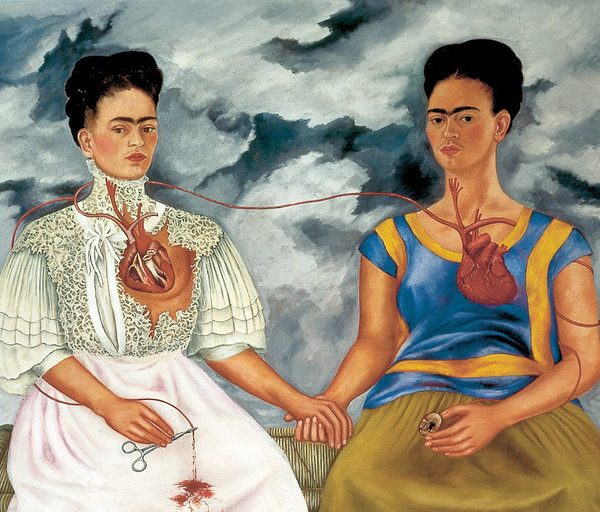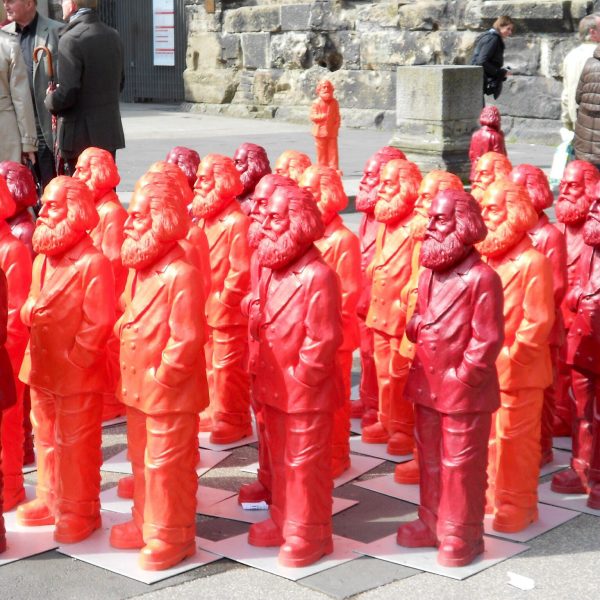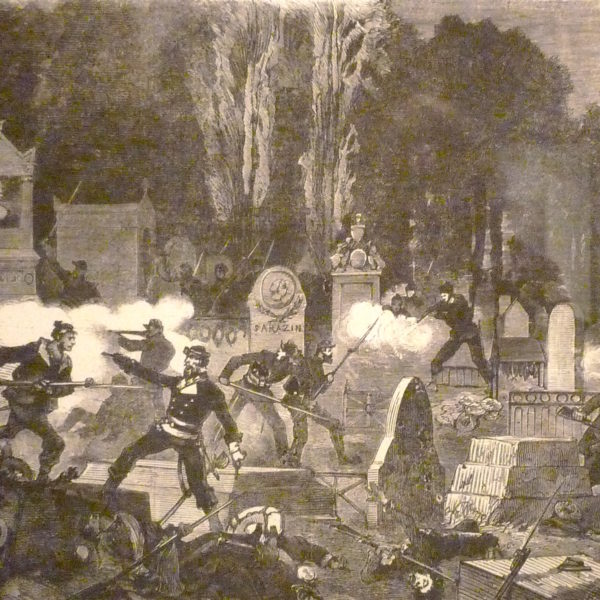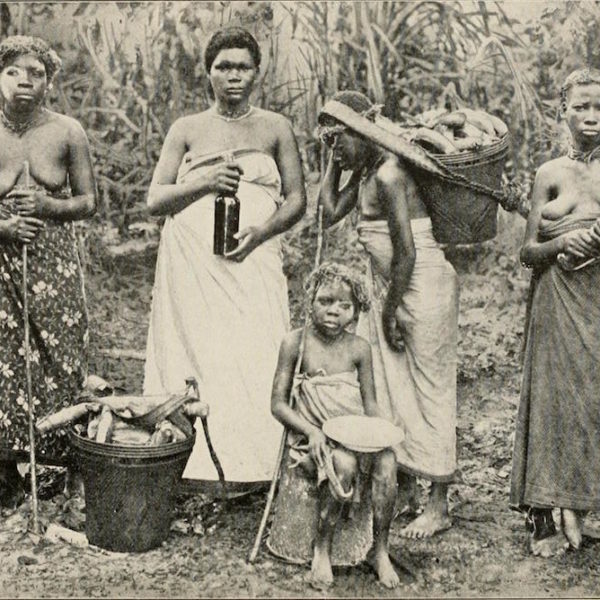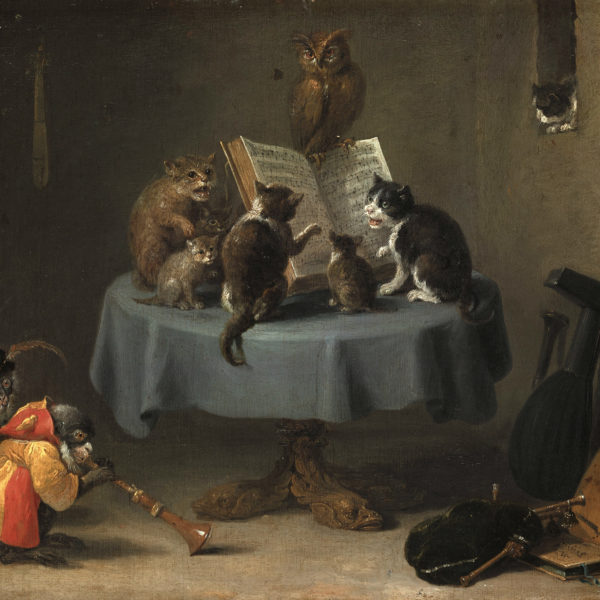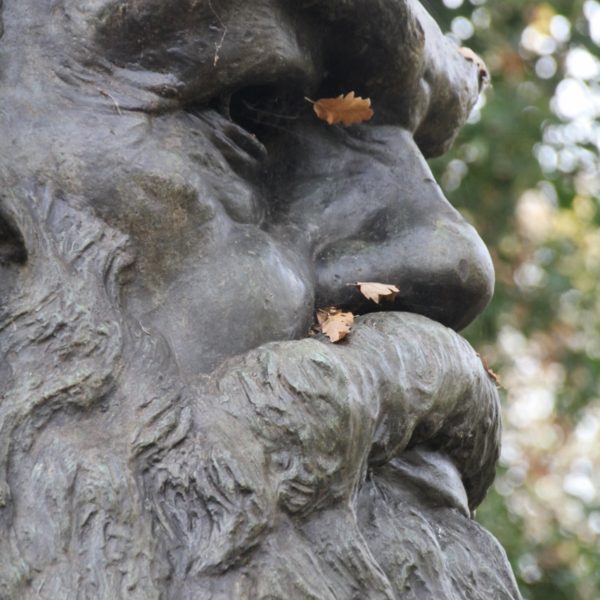
Ranajit Guha had helped establish the Subaltern Studies school, and thus moulded the birth of postcolonial studies and non-Eurocentric global history. Guha was both a critical chronicler of the longue durée theological foundations of state and capital, as well as a bard of the ancient heritage of revolt against these structures of oppression.

The historical and theoretical relationships between race and capitalism are internally contested and in need of further exploration from theologians and scholars of religion.
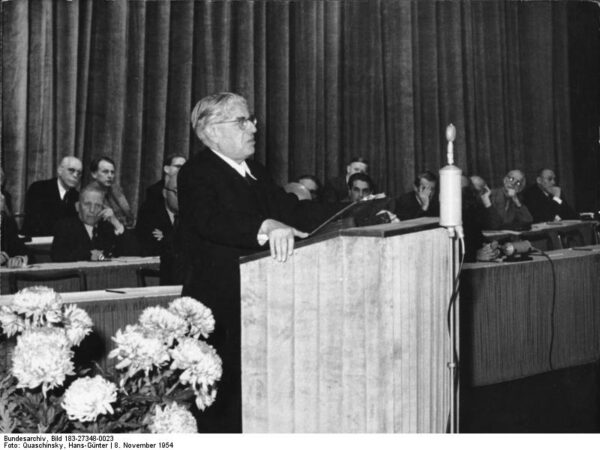
In many ways, Bloch’s work inverts the classic dictum of political theology advanced by Carl Schmitt, that “all significant concepts of the modern theory of the state are secularized theological concepts.” For Bloch, theological concepts are intimations of the freedom of the secular and revolutionary socialist society.

